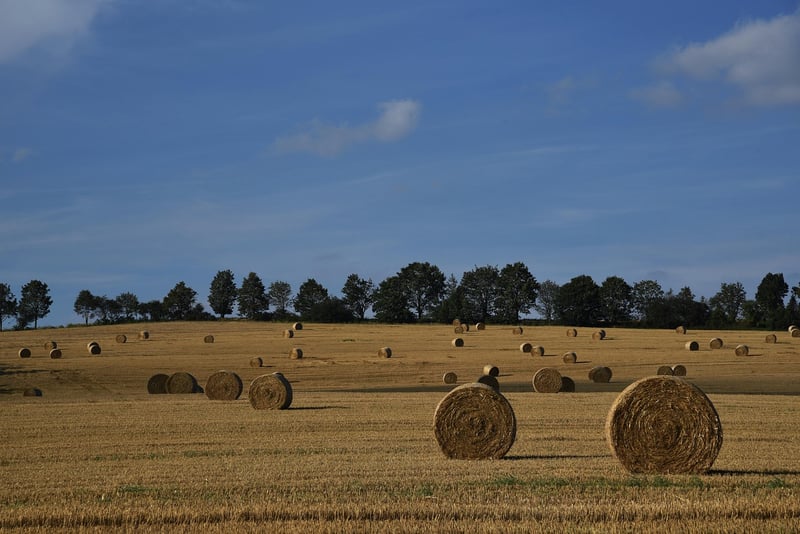Cooperative Farming
The Power of Collaborative Growing Spaces and Cooperative Farming
In recent years, there has been a growing interest in collaborative growing spaces and cooperative farming initiatives. These innovative approaches to agriculture not only promote sustainable farming practices but also foster a sense of community and shared responsibility among participants.
Benefits of Collaborative Growing Spaces
Collaborative growing spaces, such as community gardens and urban farms, offer a range of benefits to individuals and communities. Some of the key advantages include:
- Access to Fresh Produce: Participants can enjoy fresh, locally grown produce, which is often healthier and more flavorful than store-bought alternatives.
- Education and Skill-Sharing: Collaborative growing spaces provide opportunities for individuals to learn about gardening, farming, and sustainable practices from one another.
- Community Building: These spaces create a sense of community and connection among participants, fostering relationships and social bonds.
- Environmental Benefits: By promoting sustainable farming methods, collaborative growing spaces contribute to environmental conservation and biodiversity.
The Role of Cooperative Farming
Cooperative farming takes the concept of collaboration a step further by pooling resources, knowledge, and labor among farmers. This approach not only helps small-scale farmers compete in the market but also strengthens their bargaining power and resilience.
Some of the benefits of cooperative farming include:
- Economic Viability: By working together, farmers can reduce costs, increase efficiency, and access larger markets, leading to improved economic outcomes.
- Knowledge Exchange: Cooperative farming allows for the sharing of best practices, innovations, and technical expertise among farmers.
- Shared Risk: Farmers can mitigate risks such as crop failure or market fluctuations by pooling resources and diversifying production.
Embracing a Sustainable Future
As we face environmental challenges and food security issues, collaborative growing spaces and cooperative farming offer promising solutions that promote sustainability, community resilience, and social cohesion. By embracing these innovative approaches, individuals and communities can not only access fresh, healthy food but also cultivate a deeper connection to the land and each other.

Joining a community garden or supporting a cooperative farm can have a positive impact on both individuals and the environment. Together, we can work towards a more sustainable and equitable food system for all.
